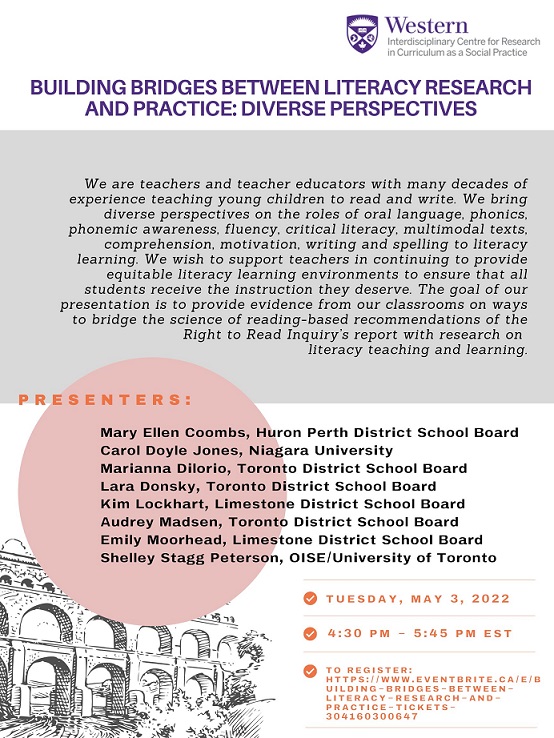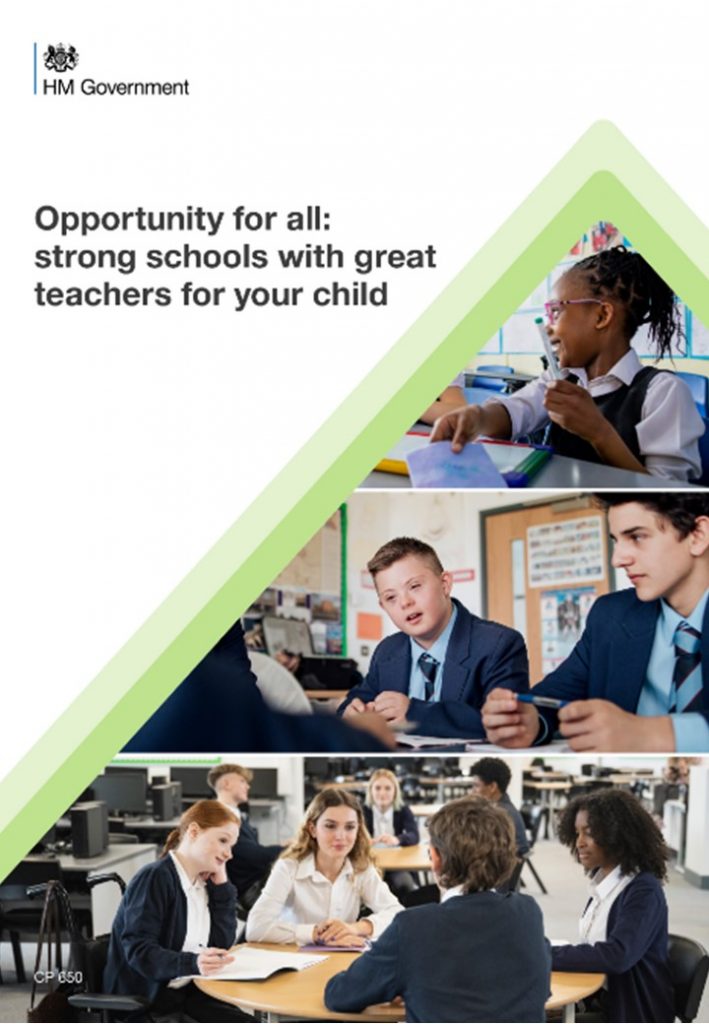This post is a transcript of the second episode of our podcast Research Mobilities. It looks at how researchers can collaborate with designers to visually represent their research to new audiences. Professor Cathy Burnett chats with designer/researcher Layla Gharib about how the process of developing the images together resulted in new ways of thinking and working. They also explore how these images provide space to invite different interpretations, questions and conversations.
You can listen to the episode here or wherever you get your podcasts by looking for Research Mobilities.

